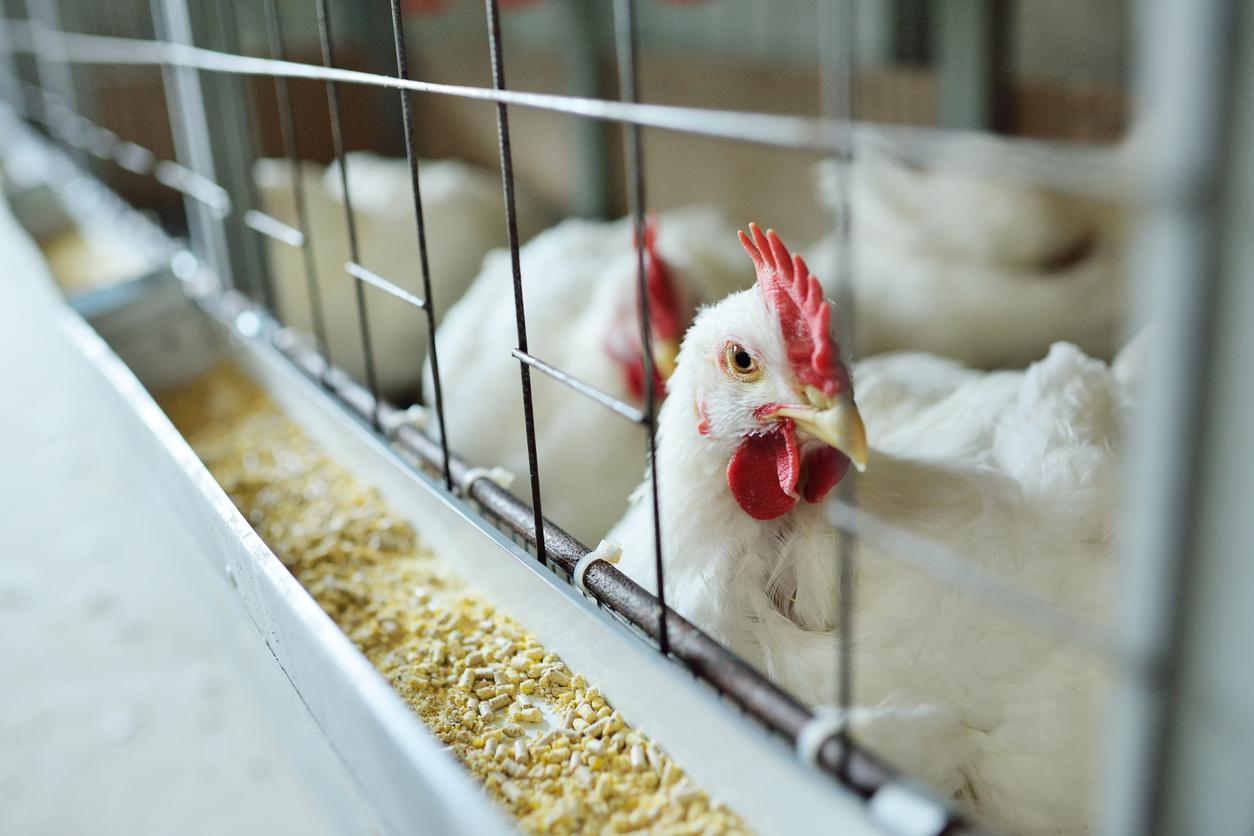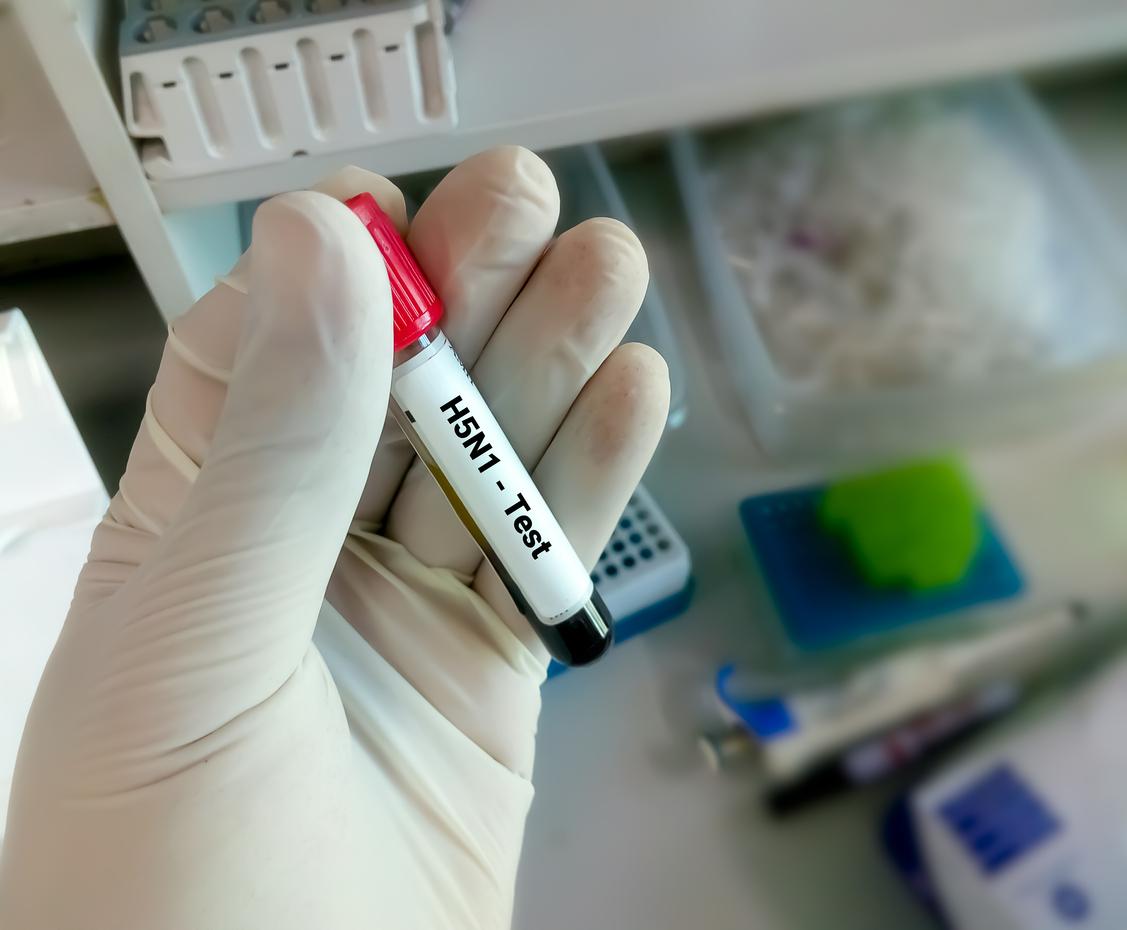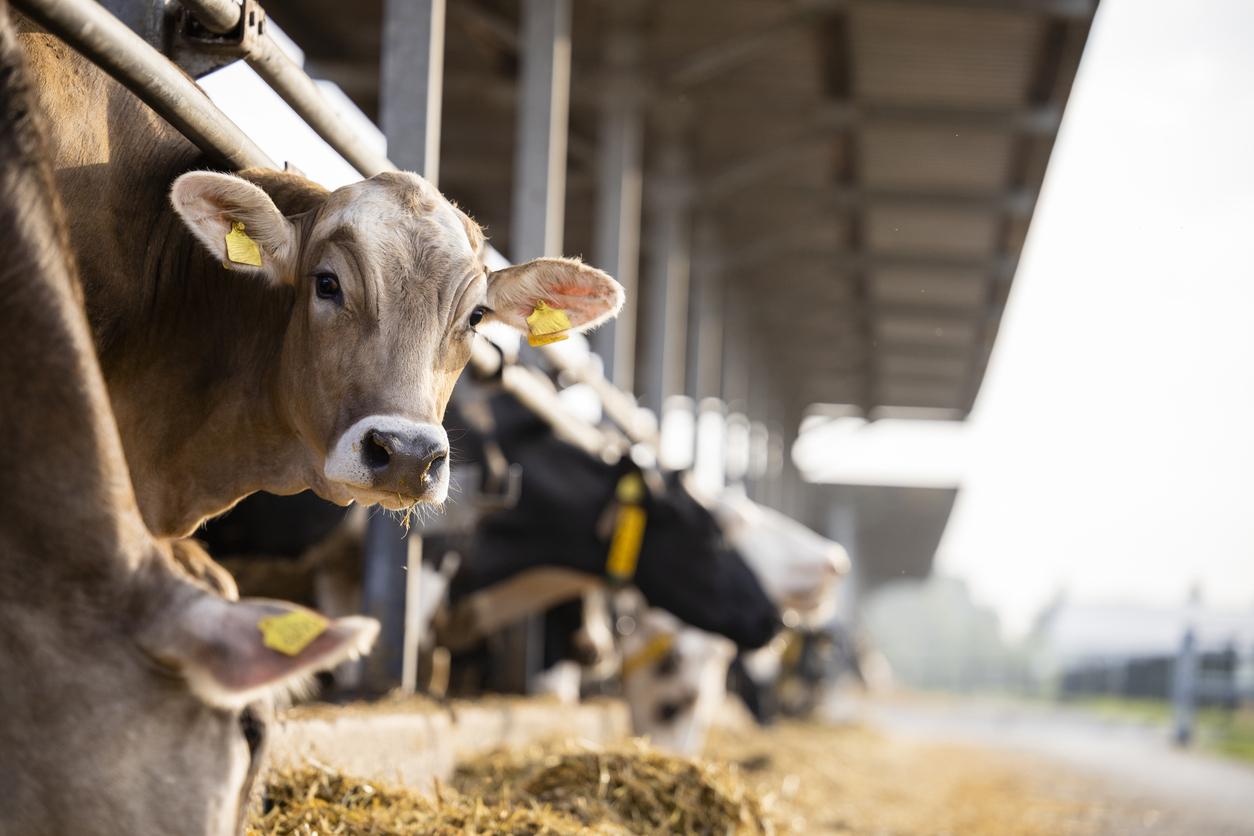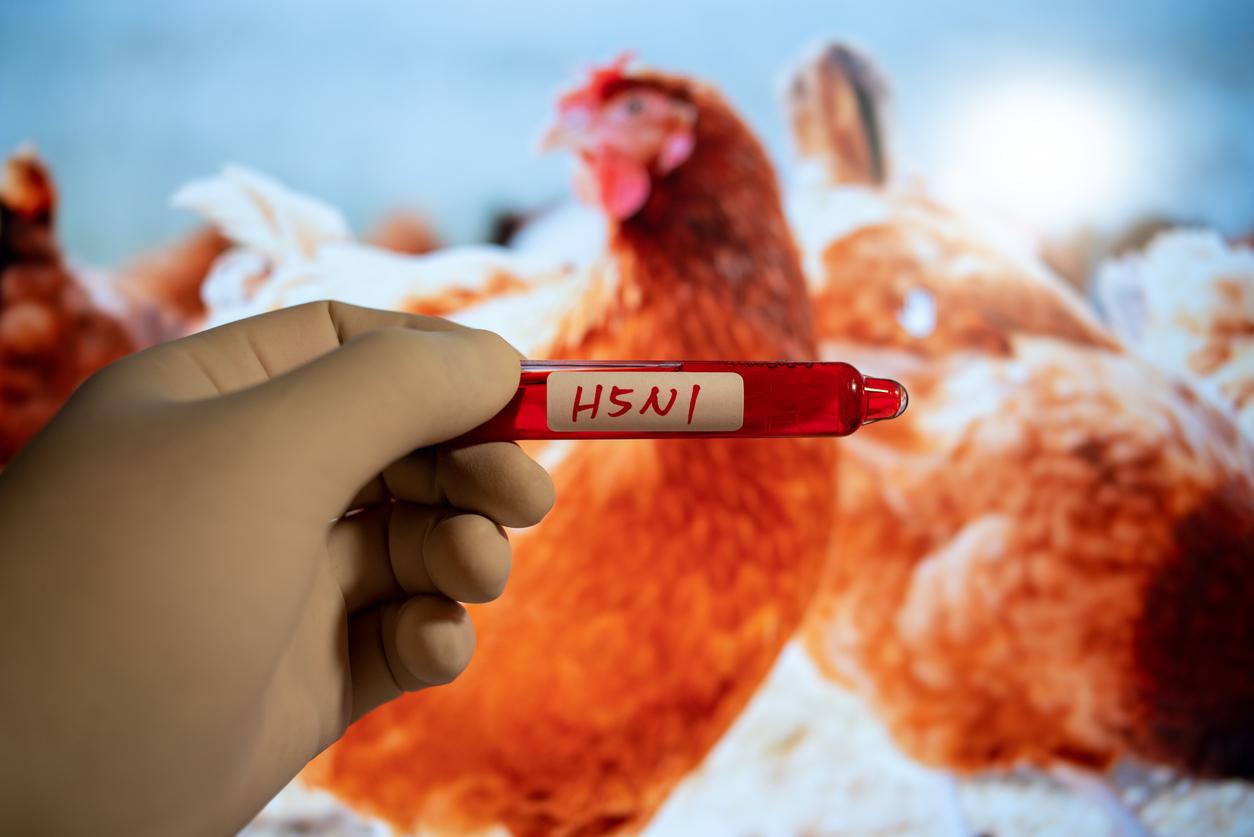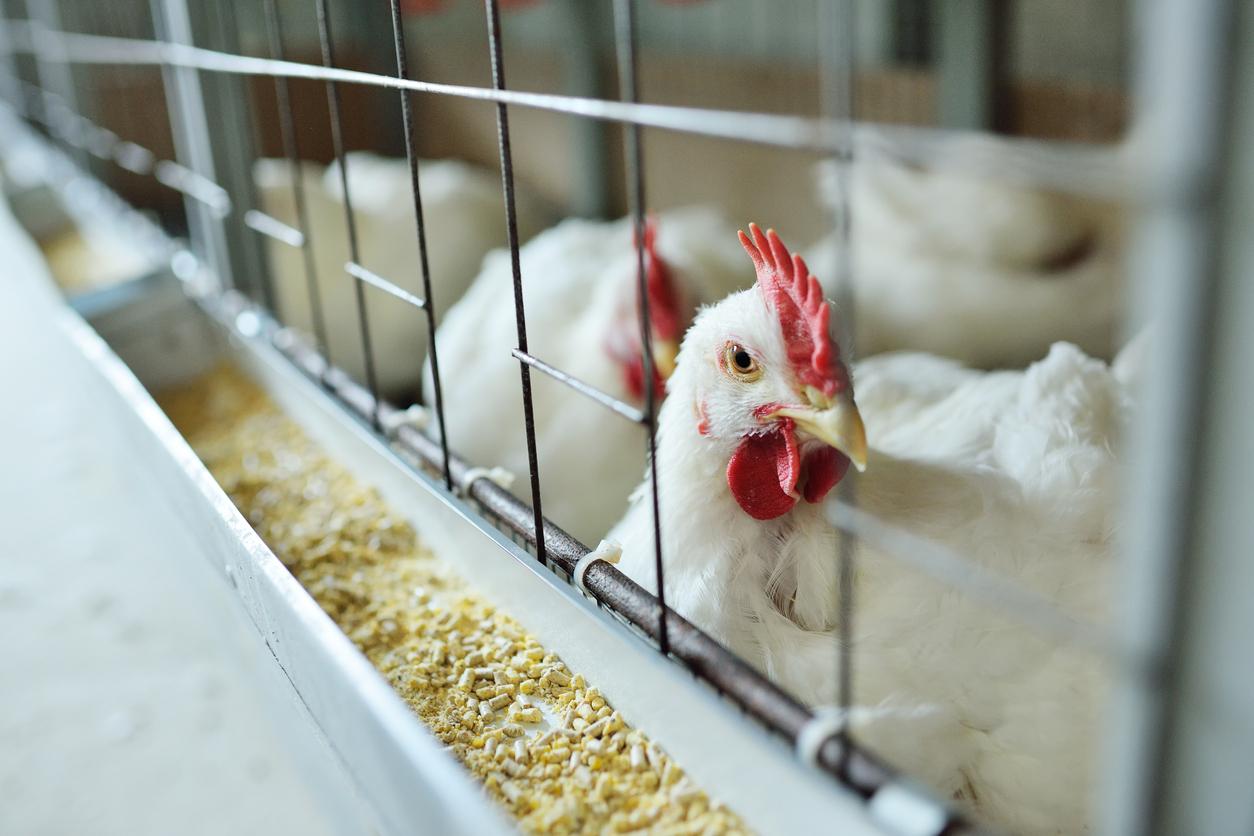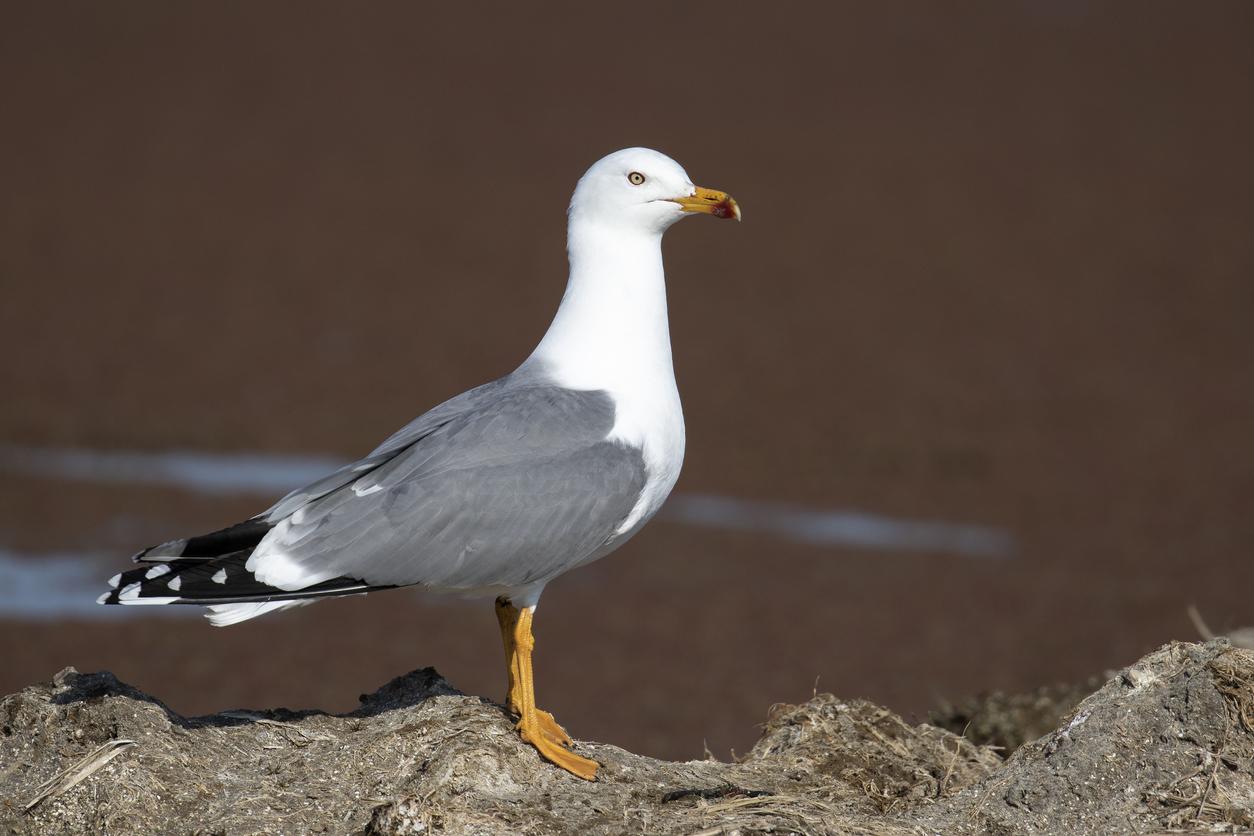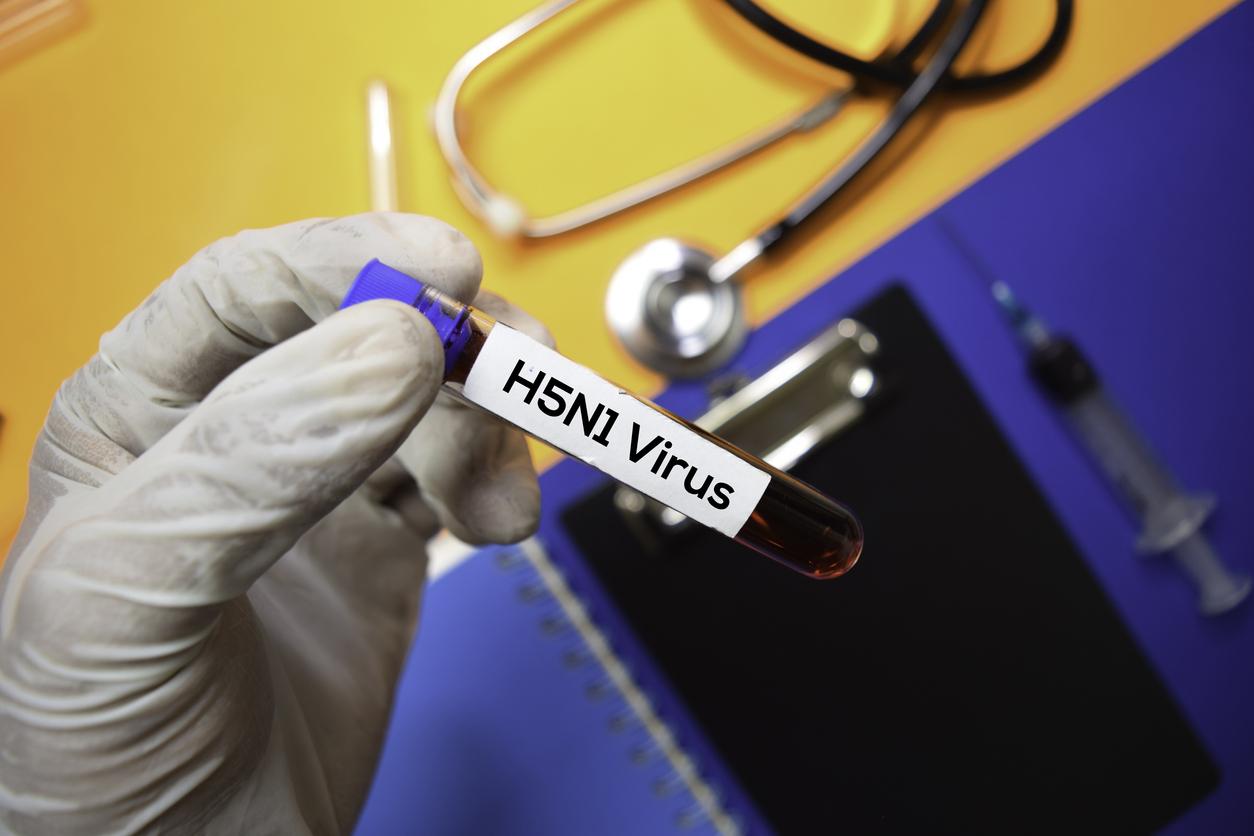No case of avian flu has yet been identified in Europe. But, the High Council of Public Health does not exclude this possibility. It therefore publishes recommendations to take charge of possible patients.

The risk of spreading an avian flu virus in Europe is considered low but high enough all the same for the High Council of Public Health to take the lead. The HCSP published on May 2 recommendations for the management of possible cases of influenza viruses A (H7N9) and A (H5N1). To justify taking such preventive measures, the HCSP specifies that “the entry of infected people is not excluded”, and that these viruses have “pandemic potential” and “high lethality”. As of April 29, 2013, 128 cases due to the new variant A (H7N9), including 24 deaths, have been notified in 9 Chinese provinces including Taiwan.
When to suspect a case of avian influenza?
For the High Council of Public Health, the profile of the possible case is as follows: “any person who has traveled or stayed in an exposed area, who, during the 10 days after his return, presents clinical signs of serious acute respiratory infection low (requiring hospitalization). As for people who have been in contact with a possible or confirmed case of avian influenza, they too should be taken care of if they suffer from an acute respiratory infection.
The case is only confirmed if a virological analysis confirms the presence of avian virus A (H7N9) or A (H5N1).
What are the hygiene measures to be taken?
Firstly, “if the patient contacts the health system (his doctor, Center 15), he should not be directed straight away to the emergency reception areas, in order to avoid contact with others. patients ”.
Second, as soon as a case is suspected, hygienic precautions should be taken immediately. For the general practitioner, this means: putting on a minimum surgical mask, protective glasses, suggesting that the patient also wear a surgical mask, asking the patient to perform a hand hygiene gesture, and wearing gloves during the period. ‘physical examination. »In the hospital, everything must also be done to avoid possible contamination: single-use gown and gloves, private room, if possible with an airlock, and so on.
What are the recommended medications?
Antivirals have been shown to be effective. The HCSP specifies that “the strains A (H7N9) and A (H5N1) tested are sensitive to neuraminidase inhibitors (oseltamivir and zanamivir) and resistant to amantadine and rimantadine. But, we must not waste time. Antiviral treatment should be started as soon as possible, at best within the first 48 hours after onset of symptoms.
Should we treat those around the confirmed cases of avian flu?
No, replies the HCSP. “For close contacts of confirmed cases, there is no need to treat in the absence of proven human-to-human transmission. The only precaution to take: avoid seeing other people in close proximity.
.









